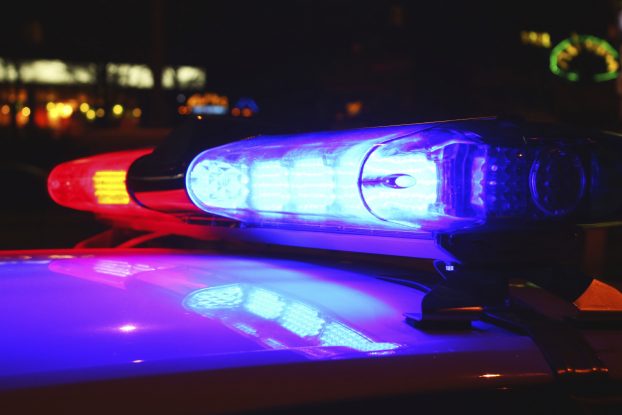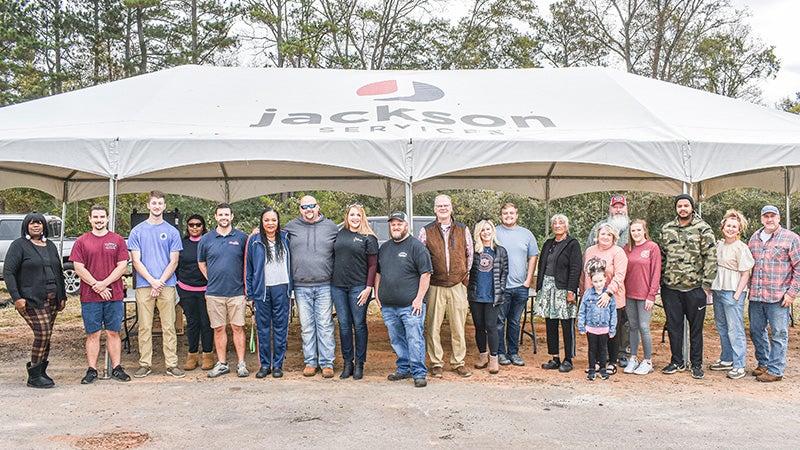Be prepared: Firefighter shares crucial skills for surviving disasters
Published 9:30 am Saturday, June 24, 2023
|
Getting your Trinity Audio player ready...
|
WEST POINT — Jimmy Allen took being prepared very seriously as a Boy Scout and built on that in his training as a Lakeview firefighter. He offered some advice on what he’s learned over the years at Thursday’s noon hour meeting of the West Point Rotary Club.
It’s a good idea, he said, to be ready for any worst case scenario short of an electromagnetic pulse, or EMP, or an all-out nuclear war.
An EMP, Allen explains, will take down the power grid over an extended area, something that could take years to recover from, if ever.
There are lots and lots of dangerous situations that are much less than that anyone can get caught up in. Allen said it’s a good idea to be prepared if any such calamity happens.
Getting lost in a remote area is one of them. Should your vehicle break down in such an area and your phone isn’t working, it could be a long walk back. Being prepared means having what Allen calls a get home bag. He showed an example of one to the Rotary Club members. “You need to make sure you have good shoes and an extra pair of socks,” he said. “You will need those shoes if it’s a long walk back. You will need to keep your feet dry. Walking any distance with wet shoes and socks is a quick way to get blisters.”
A first-level get home bag is in case you have to walk three hours to get where you need to go. Recommended items in such a bag include a flashlight, LED headlamp, a rain poncho, a multitool, safety gloves, sunglasses, spare medication and first-aid items and some kind of self-defense item such as a knife or pistol with extra ammunition.
A get home bag for 12 hours of walking would need an emergency radio, change of clothes, lighter, water bottle, water purification items, a flashlight with extra batteries, a signaling device, a hat, bandana, sunscreen and two glow sticks.
For long distance travel, the get home bag would need rations, a divvy sack, paracord, duct tape, insect repellent, a hygiene kit, an emergency blanket and four garbage bags.
Allen said a get home bag in his vehicle came in handy when he got stuck in traffic for more than three hours following an accident on the Interstate. A water bottle and some protein bars helped pass the time. He could also find out what the problem was by listening to an emergency radio. A portable AM/FM radio can come in handy in that situation as well.
Allen also packs such items as a solar charger for his phone. “I’m a big believer in self defense,” he said, suggesting that it’s a good idea to have a pistol, knife and pepper spray.
“If law and order is ever impacted by some catastrophe, the bad people tend to come out,” he said.
He said it’s a good idea to have such items as a lighter, matches and Ibuprofen in ziplock bags. “You don’t want them getting wet.” he sid.
Allen said there’s a Rule of Threes to keep in mind. “A person can go up to three minutes without air,” he said. “I wouldn’t want to test that, but they say you can do that. It’s also said that a person can go up to three hours without a continual body temperature, three days without water and three weeks without food. I wouldn’t want to test any of that out either, but it’s something good to keep in mind.”
Allen said that FEMA (Federal Emergency Management Agency) training over the years has kept him up to date in what to do in dire emergencies.
“Be sure to have a good pair of walking shoes in your vehicle and an extra pair of socks,” he said. “It’s also a good idea to have in your get home bag kits to treat bug bites and even a snake bite kit,” Allen said.





